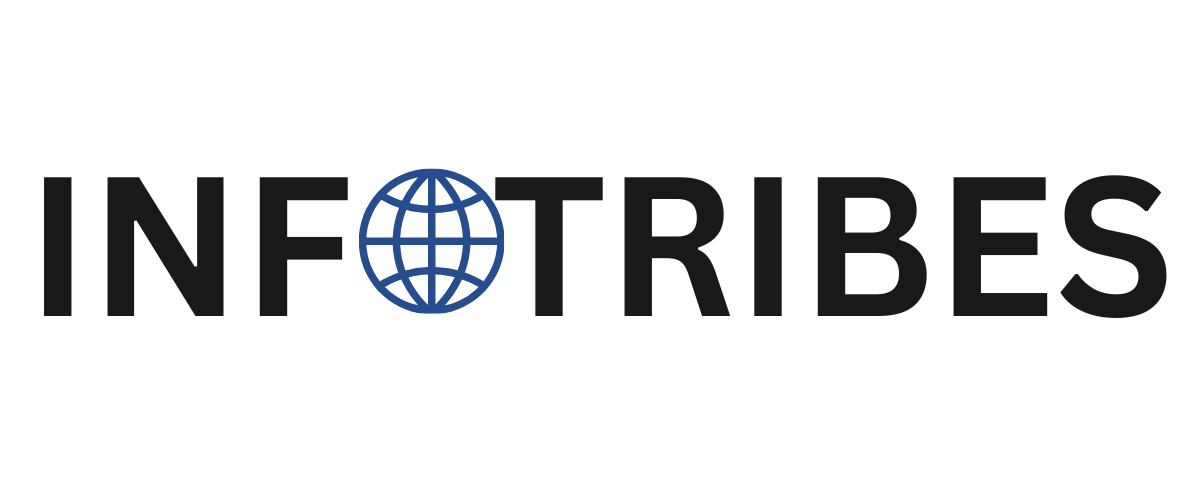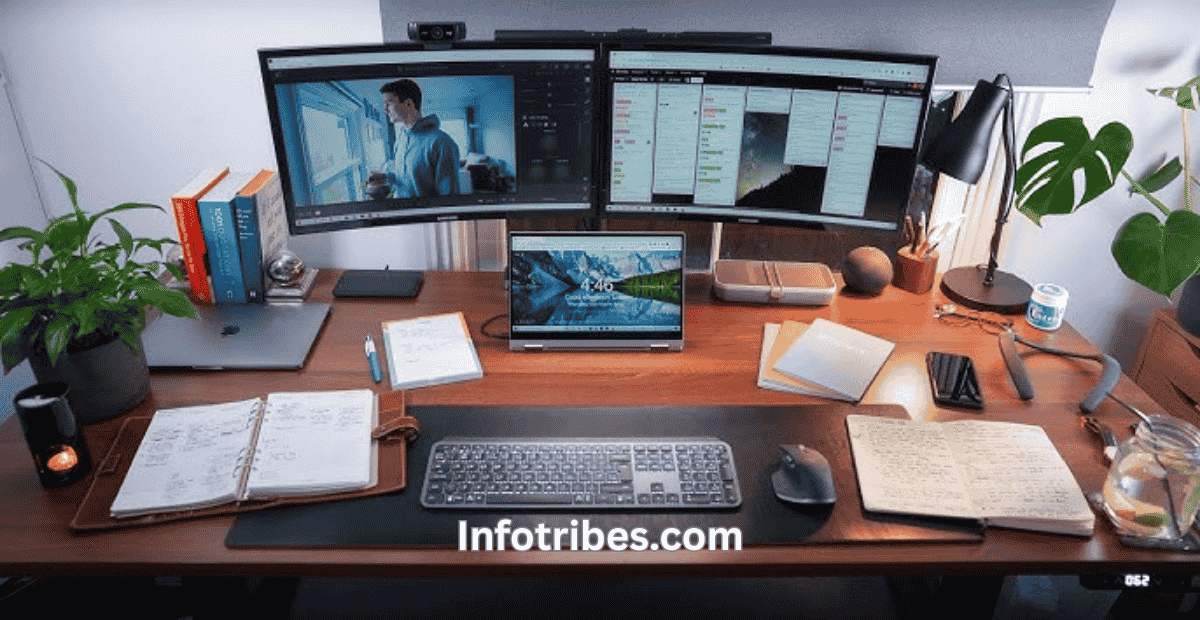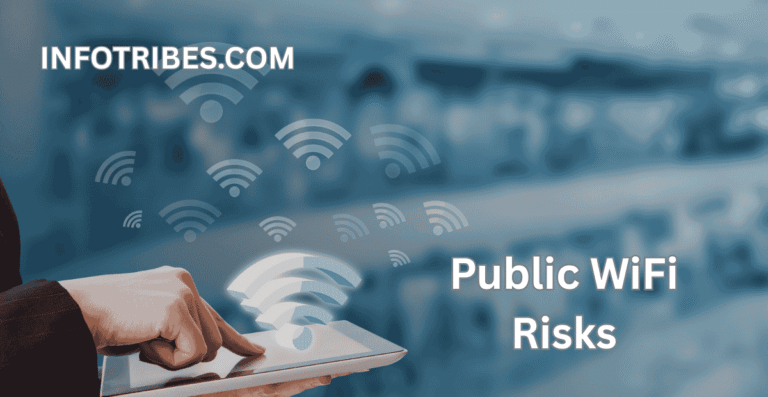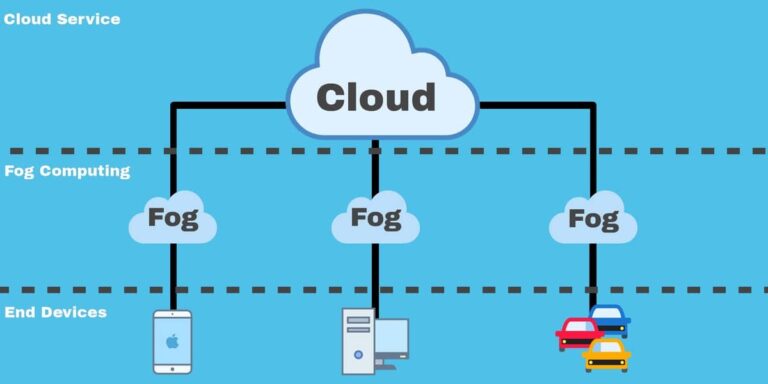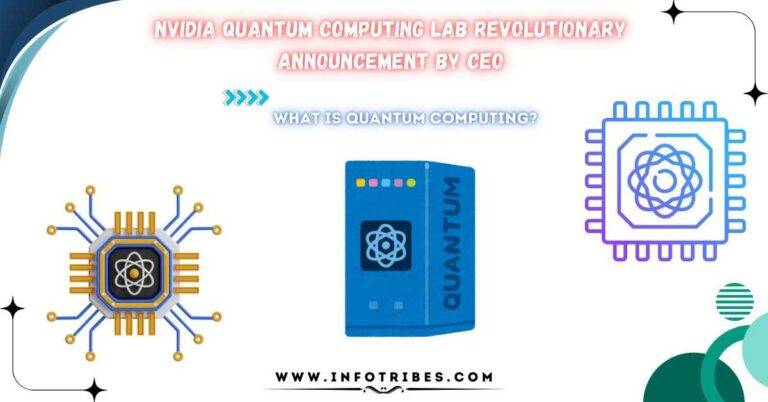Top Digital Minimalism Apps Every Remote Worker in Europe Should Try
The rise of remote work has transformed how professionals across Europe approach productivity, communication, and personal well-being. While the flexibility of working from home or coworking spaces offers many benefits, it also comes with a hidden challenge—digital overload. Between endless emails, chat notifications, project management dashboards, and cloud tools, remote workers often feel more distracted than empowered.
That’s where Digital Minimalism Apps come in. By reducing clutter, improving focus, and aligning with intentional use of technology, these apps help remote workers reclaim control over their digital environments. This article explores the best apps for digital minimalism, tailored specifically for freelancers, entrepreneurs, and remote employees in Europe.
A Practical Guide to Automating Invoicing with Zapier for Small IT Teams
Why Remote Workers in Europe Need Digital Minimalism
Digital minimalism is not just about deleting apps—it’s a lifestyle philosophy focused on intentional technology use. For remote workers, this approach is especially important:
- Cultural diversity: European professionals often collaborate across multiple countries, time zones, and languages. Without the right tools, communication quickly becomes overwhelming.
- Legal and privacy concerns: With GDPR regulations, digital tools must also prioritize secure and compliant data management.
- Work-life balance: Remote work can blur boundaries, leading to constant notifications and digital burnout.
By adopting Digital Minimalism Apps, remote workers in Europe can streamline workflows, stay compliant, and maintain healthier work habits.
Key Features to Look for in Digital Minimalism Apps
Before diving into the apps, it’s worth noting what makes a tool aligned with digital minimalism:
- Simplicity – The interface should be clean and distraction-free.
- Focus-driven design – Features that reduce multitasking and improve concentration.
- Cross-platform compatibility – For seamless use across devices, especially for professionals working remotely in Europe.
- Data privacy – Compliance with GDPR and secure handling of sensitive information.
- Customization – The ability to tailor the app to your workflow without overwhelming features.
Best Digital Minimalism Apps for Remote Workers in Europe
Let’s explore the most impactful Digital Minimalism Apps that help European remote workers cut through the noise and focus on what truly matters.
1. Notion – Minimalist Workspace for Everything
Notion is an all-in-one workspace that combines notes, tasks, databases, and collaboration into one clean interface. For digital minimalists, the power of Notion lies in its ability to replace multiple apps at once.
- Minimalist design: Blank pages and templates allow users to build systems that suit them without unnecessary clutter.
- GDPR compliance: Strong privacy controls for EU users.
- Remote worker advantage: Perfect for managing projects, personal tasks, and client collaboration in one place.
By consolidating multiple apps into one, Notion embodies digital minimalism at its best.
2. Todoist – A Simple Task Manager
While some project management tools overwhelm users, Todoist keeps it refreshingly simple. Its focus is on tasks and deadlines—nothing more, nothing less.
- Clean interface: Easy to prioritize and organize tasks.
- Cross-device sync: Works seamlessly across laptops, tablets, and smartphones.
- Why minimalists love it: It eliminates the noise of complex dashboards, allowing remote workers to focus solely on getting things done.
3. Trello – Visual Minimalism for Teams
Trello uses a kanban-style board that’s simple and intuitive. For European teams working remotely, it’s an easy way to visualize projects without clutter.
- Drag-and-drop simplicity: Move tasks as they progress.
- Integrations optional: Minimalists can skip power-ups and keep boards lightweight.
- GDPR-ready: Trello complies with European data protection standards.
It’s especially useful for freelancers managing multiple clients, as each board can represent a different project.
4. Freedom – Block Digital Distractions
Freedom helps remote workers take control of their attention by blocking distracting apps and websites.
- Focus sessions: Set scheduled blocks of uninterrupted work time.
- Cross-platform: Works on desktop, mobile, and even multiple devices at once.
- Minimalism in action: By reducing the noise of social media, news sites, or unnecessary browsing, remote workers can deepen their focus.
5. Minimalist Phone Apps (Minimal Launcher, Siempo, Olauncher)
For many remote workers, the smartphone is both a productivity tool and the biggest distraction. Minimalist phone launchers strip away flashy icons and endless notifications.
- Decluttered home screen: Only essential apps are shown.
- Reduced temptation: Fewer icons lead to less mindless scrolling.
- Best for digital detox: Helps remote workers in Europe maintain healthier work-life balance.
6. Calm or Headspace – Mindful Minimalism
Productivity isn’t just about work—it’s also about maintaining focus and mental clarity. Apps like Calm and Headspace encourage mindfulness practices, which align with digital minimalism.
- Guided meditation: Reduce stress from remote work overload.
- Focus music: Helps block out distractions without extra complexity.
- European relevance: With multiple languages and GDPR compliance, they’re accessible across Europe.
7. Standard Notes – Secure Minimalist Note-Taking
For note-taking minimalists, Standard Notes offers a clean, encrypted, and distraction-free environment.
- Privacy-first: End-to-end encryption ensures compliance with GDPR.
- Lightweight design: Focuses only on writing and storing notes.
- Offline support: Ideal for remote workers traveling across Europe with inconsistent internet.
8. Evernote (Basic Mode) – Classic Minimalism
Though Evernote has evolved into a feature-heavy app, its basic mode remains a reliable minimal note-taking tool.
- Simple notebook structure: Notes, lists, and clipping without clutter.
- Cross-device sync: Essential for remote professionals working across multiple devices.
- Minimalist approach: Stick to core features, avoid unnecessary add-ons.
9. Pocket – Minimalist Reading Later
Instead of being distracted by endless articles during work hours, Pocket allows remote workers to save content for later.
- Decluttered reading: Focus mode removes ads and formatting.
- Offline access: Perfect for frequent travelers within Europe.
- Minimalist principle: Capture information without disrupting focus.
10. RescueTime – Awareness Through Data
RescueTime helps remote workers understand how they spend time online. By analyzing habits, users can identify distractions and refocus.
- Automatic tracking: No manual input required.
- Focus sessions: Alerts when too much time is spent on distractions.
- Why it matters: Minimalism isn’t just removing apps, but being intentional about time usage.
How to Integrate Digital Minimalism Apps Into Remote Workflows
Simply downloading apps isn’t enough. To get the full benefits of digital minimalism, remote workers in Europe should adopt intentional workflows.
Step 1: Audit Current Tools
List all the apps you use daily. Identify which ones are essential and which can be replaced by minimalist alternatives.
Step 2: Consolidate Functions
Apps like Notion can replace multiple tools (task manager, note-taker, project board). Consolidating reduces digital clutter.
Step 3: Set Boundaries
Use tools like Freedom or minimalist launchers to limit distractions during working hours.
Step 4: Prioritize Privacy
For European freelancers, GDPR compliance is non-negotiable. Stick to apps that clearly outline data handling practices.
Step 5: Regularly Review Usage
Every few months, revisit your setup. Ask: Is this tool helping me work better, or adding clutter?
Benefits of Using Digital Minimalism Apps
- Improved focus: With fewer distractions, remote workers can dedicate deep work time to meaningful tasks.
- Less stress: Simplified tools reduce decision fatigue.
- Stronger privacy compliance: Many minimal apps prioritize GDPR-ready solutions.
- Better work-life balance: Tools help remote workers set digital boundaries.
- Increased efficiency: By consolidating apps, remote workers save time switching between platforms.
Challenges in Adopting Digital Minimalism
While the benefits are clear, remote workers in Europe may face challenges:
- Over-optimizing: Constantly searching for the “perfect” minimalist app can itself become a distraction.
- Compatibility issues: Not all minimalist tools integrate with mainstream corporate systems.
- Adjustment period: Transitioning from feature-heavy apps to minimalist alternatives can feel limiting at first.
Overcoming these challenges requires balance—adopt tools that simplify without compromising your workflow.
The Future of Digital Minimalism for Remote Work in Europe
As remote work continues to grow, especially in the European context where cross-border collaboration is common, Digital Minimalism Apps will play a bigger role. Future trends include:
- AI-powered minimalism: Smarter apps that auto-filter unnecessary notifications.
- Privacy-first innovation: More tools designed to meet strict European privacy laws.
- Seamless integration: Apps that connect across systems while maintaining simplicity.
- Cultural adoption: Minimalism may become a mainstream philosophy for European freelancers and remote workers seeking balance.
FAQ)
Q1: What are Digital Minimalism Apps?
Digital Minimalism Apps are tools designed to reduce digital clutter, eliminate distractions, and streamline workflows. They focus on simplicity, privacy, and intentional technology use.
Q2: Why are Digital Minimalism Apps important for remote workers in Europe?
Remote workers often juggle multiple apps across different projects and time zones. Digital Minimalism Apps help them simplify workflows, comply with GDPR regulations, and maintain better work-life balance.
Q3: Are Digital Minimalism Apps free?
Many apps such as Trello (basic plan), Pocket, and Standard Notes offer free versions. Premium upgrades are available for advanced features, but most remote workers can benefit from free tiers.
Q4: Do these apps support GDPR compliance for EU users?
Yes, many apps like Notion, Trello, and Standard Notes specifically highlight their GDPR compliance, making them safe choices for European professionals.
Q5: Which Digital Minimalism Apps are best for freelancers?
Freelancers often benefit from Notion (all-in-one workspace), Todoist (simple task management), and Freedom (distraction blocker). These cover project organization, task prioritization, and focus.
Q6: Can I use Digital Minimalism Apps on multiple devices?
Most of these apps, including Todoist, Trello, and Freedom, sync across laptops, tablets, and smartphones—ensuring consistency for remote workers.
Q7: How do I choose the right Digital Minimalism App?
Start by identifying your pain points (too many tasks, endless notifications, lack of focus) and select an app that directly addresses those challenges without unnecessary features.
Notion-Based Portfolio Builders Every EU Freelancer Should Try
Conclusion
In a world where remote work continues to expand across Europe, the need for intentional technology use has never been greater. Digital Minimalism Apps empower professionals to reclaim control over their digital environments by cutting clutter, blocking distractions, and focusing on what truly matters.
For freelancers, entrepreneurs, and remote teams, these apps not only simplify workflows but also align with GDPR standards, ensuring secure and ethical digital practices. From Notion as a versatile workspace to Freedom for blocking distractions, and Standard Notes for secure writing, the tools available today make it easier than ever to embrace minimalism in work.
Adopting digital minimalism is not about using fewer apps for the sake of it—it’s about working smarter, protecting your attention, and maintaining balance in a digital-first world. For European remote workers, embracing these apps can transform the way they work, collaborate, and thrive in the modern economy.
